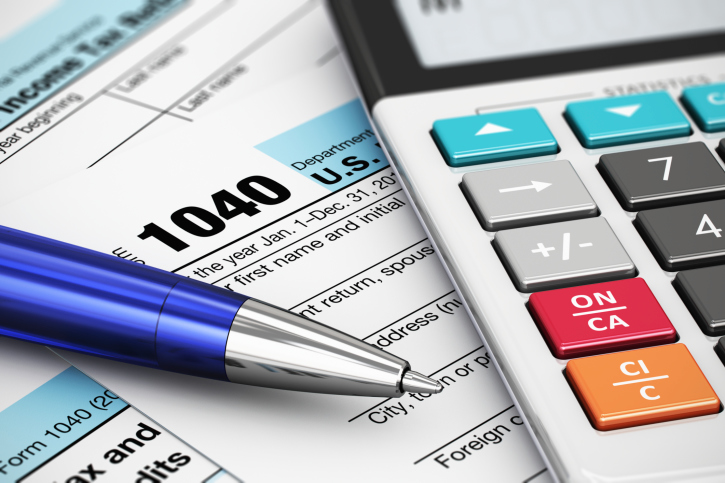 Are you thinking about buying a new house or condo? If so, you’ve likely given some thought to your mortgage and as to how you can pay as little as possible in order to own your new home.
Are you thinking about buying a new house or condo? If so, you’ve likely given some thought to your mortgage and as to how you can pay as little as possible in order to own your new home.
Below we’ll share four easy steps that you can take to ensure you start out with an affordable monthly mortgage payment.
Make A Large Down Payment On Your Home
The easiest way to reduce your monthly payment is to invest as much as possible in your down payment. The less you have to borrow, the less you’ll be required to pay back.
If you can put a sizeable amount down on your home you’ll find that your monthly payments are going to be very manageable. You’ll also save a lot of money in interest.
Maintain A High Credit Score
When a lender assesses your financial history they’ll take an in-depth look at your credit score in order to determine how much risk you present to them. If you’ve kept a clean credit rating and have a high score, it’s likely that you will qualify for a lower interest rate than someone with a lower credit score – even if you both have the same monthly income.
Buy A Smaller, More Efficient Home
When you’ve made your short list of homes and you’re scheduling your viewings, ask yourself – do you need a home this big, or this expensive? If you can do with a smaller, more efficient home you can reduce the amount of mortgage financing that you require and this will in turn reduce the amount that you need to pay each month.
Consider A Longer Mortgage Term
Finally, if you need to reduce your monthly payment at any cost you can stretch out your mortgage repayment period by a few years. Note that while this can reduce your payment amount it will actually increase the total amount that you end up paying back as you’ll pay more in interest.
While the above are general tips for reducing your mortgage payment, it’s likely that there are other strategies that are unique to your financial situation. Contact your local mortgage professional at your convenience and they’ll be able to share insights that are relevant to your income, your credit and the price range you’re looking to buy into.
 Much to the frustration of taxpayers all over the country, the tax-filing season begins in January and runs through April 15 of each year. The year 2020 brought us many changes, including an extension on filing taxes. Taxes this year are due on July 15th. Are you ready?
Much to the frustration of taxpayers all over the country, the tax-filing season begins in January and runs through April 15 of each year. The year 2020 brought us many changes, including an extension on filing taxes. Taxes this year are due on July 15th. Are you ready? For many homeowners, their mortgage payment contains more than just principal and interest. A little something called PMI could be representing a significant portion of that payment, and it’s important for home buyers to understand this cost.
For many homeowners, their mortgage payment contains more than just principal and interest. A little something called PMI could be representing a significant portion of that payment, and it’s important for home buyers to understand this cost.
 Making renovations that are energy efficient is not just a great way to reduce energy output, but it’s also an effective way of decreasing monthly utility costs. It serves as a one-time investment that will save money in the long run.
Making renovations that are energy efficient is not just a great way to reduce energy output, but it’s also an effective way of decreasing monthly utility costs. It serves as a one-time investment that will save money in the long run. Credit is of considerable concern when it comes to buying a home, but if you’re on the market for a new place in the next few months there may be some timely news that applies to you. If you haven’t heard about the changes to the Federal Housing Administration’s (FHA) credit score minimum, here’s some information on the recent reduction and how it may impact your home purchase.
Credit is of considerable concern when it comes to buying a home, but if you’re on the market for a new place in the next few months there may be some timely news that applies to you. If you haven’t heard about the changes to the Federal Housing Administration’s (FHA) credit score minimum, here’s some information on the recent reduction and how it may impact your home purchase.